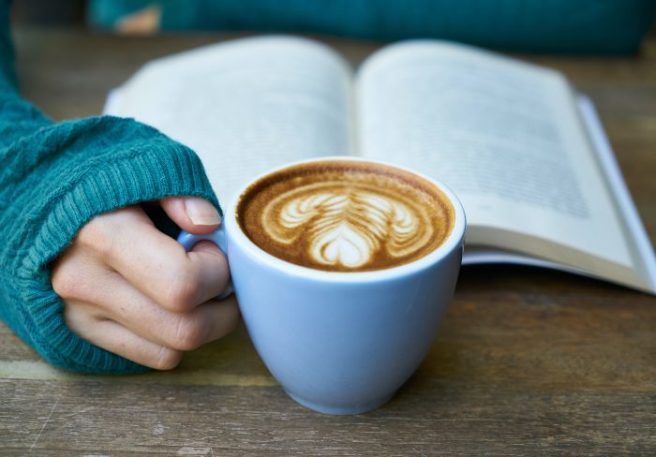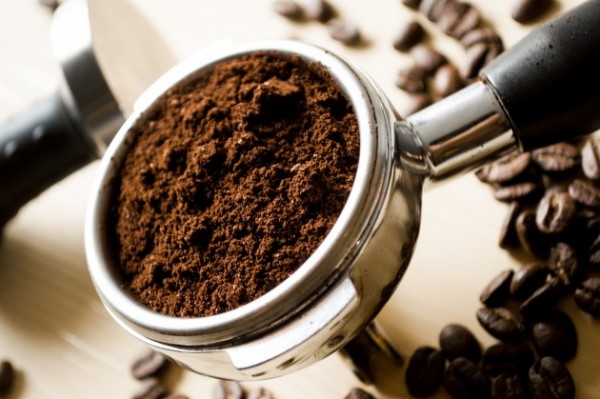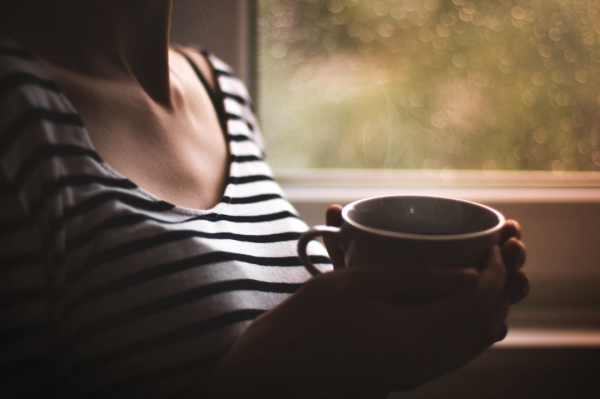
How to make the best cup of coffee at home, according to science
We all love a steaming cup of coffee in the morning, but sometimes, it just doesn’t go to plan. Whether it’s the blend of coffee that you buy or your method of making it, coffee at home can sometimes taste inadequate compared to one made by your local barista.
However, when you’re trying to save a bit of money, the last thing you want to be doing is dropping into your nearest coffee shop several times a day for your caffeine fix. So, what can you do to improve your at-home cuppas?
University of Oregon professor Christopher Hendon has recently laid out his four key pieces of advice on how to get the best-tasting coffee at home. This way, you can save a few coins each day, taste some delicious coffee, and do it all from the comfort of your own house, too:

1. Get the right beans
Christopher notes that being able to grind your own beans, and avoiding pre-ground coffee, is essential for achieving the best tasting coffee.
“Coffee is a natural, seasonal product. Once it is roasted, it starts to de-gas and lose organic molecules that give rise to aroma and flavour. The fresher the coffee, and the nearer to the roast and harvest date, the better the flavour profile is going to be,” he explains.
“You want to seek out coffee that has been roasted between 1 to 4 weeks before you buy it. This can mean shopping around a bit, but it makes a huge difference in the end result,” he adds.

2. Invest in a good grinder
While Christopher insists that you don’t have to buy a whole bunch of fancy (and expensive) equipment to make quality coffee, he does recommend investing in a decent coffee grinder.
“Generally, the price scales linearly with the ability to grind better-sized coffee particles. There are blade grinders that, while cheaper, don’t tend to do as good a job,” he details.
Christopher states that blade grinders don’t let the particles out when they’re small enough, so you end up with a different sized clumps of coffee. Unfortunately, this will only lead to a bitter taste, so he recommends doing some thorough research before purchasing your new coffee grinder.

3. Change up your water
Of course, this is easier said than done, but have you considered that the quality of your water could be affecting your coffee’s taste? Christopher explains: “In the UK, there is a big problem with the water. Hard water contains high mineral content, calcium and bi-carbonate, when these combine, they form limescale. The limescale combination does a weird thing to coffee.”
He goes on to add: “The calcium helps facilitate flavour extraction from the coffee, but the bicarbonate completely mutes all the acids and turns them off. Coffee is naturally acidic in taste so this is going to massively take away from the taste.” So, if you’re curious, try buying a bottle of soft or distilled water and using it to make your next cuppa.

4. Other factors
Finally, Christopher lists four other huge factors that can affect the way your daily mug of coffee tastes – its brew time, water temperature, water mass and the mass of the coffee itself.
“Those are the four big factors that affect your coffee at the end stage. There are a couple of nuances here, like how brew time is dependent on your grind. Grind finer coffee, go slower on the brewing time,” Christopher advises.
“If you go for a higher temperature, it will favour a lot of the extraction of tastes in coffee. And then with the mass of coffee and water, you’re controlling how strong your coffee is. Lots of coffee and little water is going to be strong, and the opposite is going to be diluted,” he concludes.
So, the next time you’re treating yourself to a coffee break at home, try out one of these life-changing tips, and see if your brew improves!






